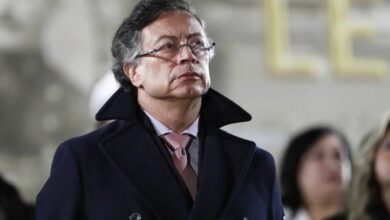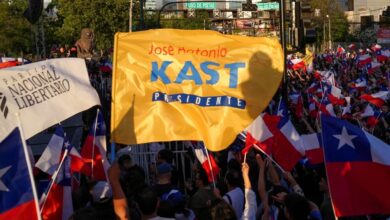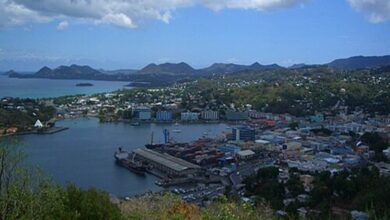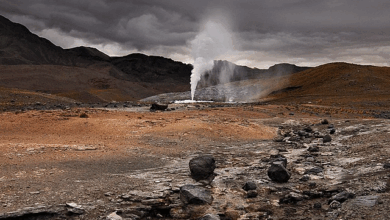El Salvador’s Media Battle: Vamos Party Sues for Defamation
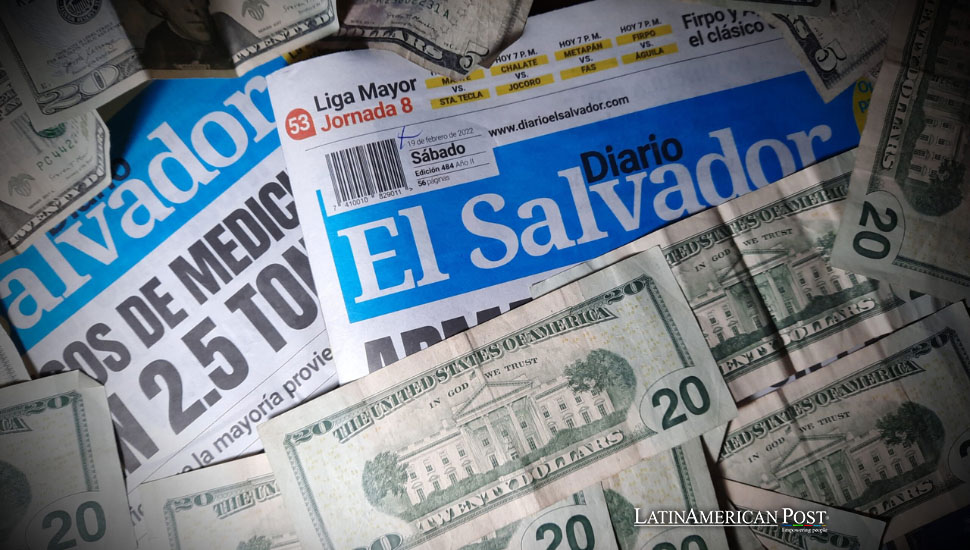
In El Salvador, the Vamos party has filed a lawsuit against Diario El Salvador, accusing the state-run newspaper of falsely linking them to gangs, highlighting a broader issue of press freedom and political accountability in the region.
In El Salvador, a legal confrontation is unfolding that pits the opposition party Vamos against the state-controlled newspaper Diario El Salvador (DES). At the heart of this dispute is a February 19, 2024, column titled “Ganó el pueblo” (“The People Won”), where DES allegedly accused Vamos of being politically allied with criminal gangs. This claim, which Vamos vehemently denies, has escalated into a lawsuit demanding a public retraction and has sparked discussions on media integrity and political manipulation in Latin America.
Claudia Ortiz Takes a Stand
Claudia Ortiz, a Vamos representative, has fearlessly spearheaded the challenge against DES, asserting that the publication’s allegations are not only unfounded but could amount to libel. Despite requests for a right of reply to issue a clarification, Ortiz claims DES has remained unresponsive, prompting the party to seek legal recourse. The case has since advanced, with a local court acknowledging the complaint and setting a deadline for DES to respond.
While Vamos is not seeking financial compensation, their legal action emphasizes the desire for a public disassociation from the alleged criminal ties. This situation reflects broader concerns in El Salvador and across Latin America about the role of government-controlled media in shaping political narratives and the potential misuse of such platforms to discredit opposition entities.
Legal Landscape in El Salvador
The legal action against DES is separate from El Salvador’s media landscape. A recent civil court ruling required El Diario de Hoy (EDH) and one of its journalists to apologize publicly to businessman Yakov Fauster. However, they avoided a multimillion-dollar moral damage compensation. This case and the controversy surrounding the Law of Reparation for Moral Damage highlight the ongoing debate in El Salvador over journalistic freedom and the boundaries of critical reporting.
The Vamos lawsuit and similar cases in El Salvador raise significant questions about the state of press freedom, the judiciary’s role in media disputes, and the broader implications for democratic processes in the region. With their varied history of media-government relations, Latin American countries offer a rich context for examining these dynamics. In nations like Nicaragua and Venezuela, government control over the media has been used to suppress dissent and control public opinion. In contrast, others like Costa Rica and Uruguay boast more independent and free journalistic environments.
Implications for Press Freedom
The tension between Vamos and DES in El Salvador serves as a microcosm of the challenges faced throughout Latin America in maintaining a free, fair, and accountable press. The outcome of this legal battle may have far-reaching consequences for media freedom and political fairness in the region. It underscores the delicate balance between protecting reputations and ensuring the media’s ability to operate without undue political influence or retribution.
Also read: El Salvador’s Path to Peace: Crafting a Law for War Victims
This legal confrontation in El Salvador exemplifies the broader struggle for press freedom in the face of political and governmental pressures across Latin America. It highlights the need for robust legal frameworks that protect both the media’s right to report and individuals’ rights to defend against unfounded accusations. The Vamos lawsuit against DES is not just about a single newspaper article; it’s a crucial litmus test for the strength of democratic institutions and the rule of law in safeguarding the region’s fundamental principles of free expression and political integrity.

